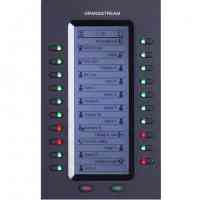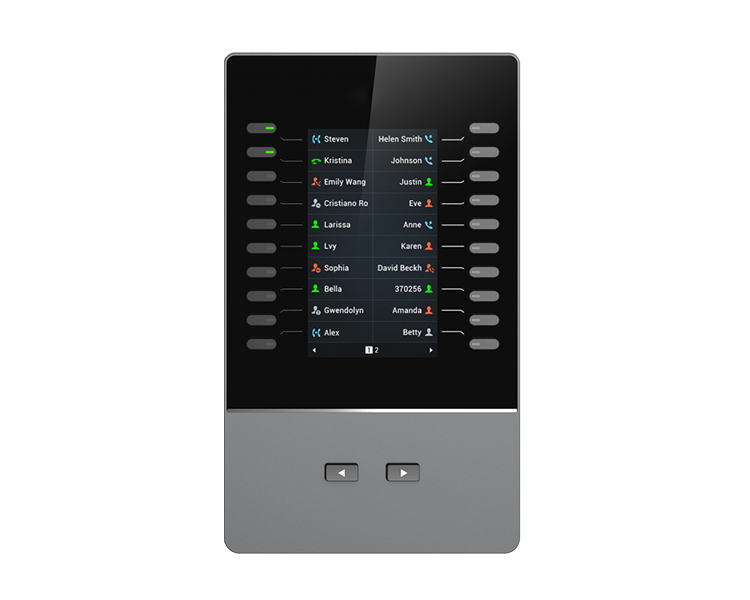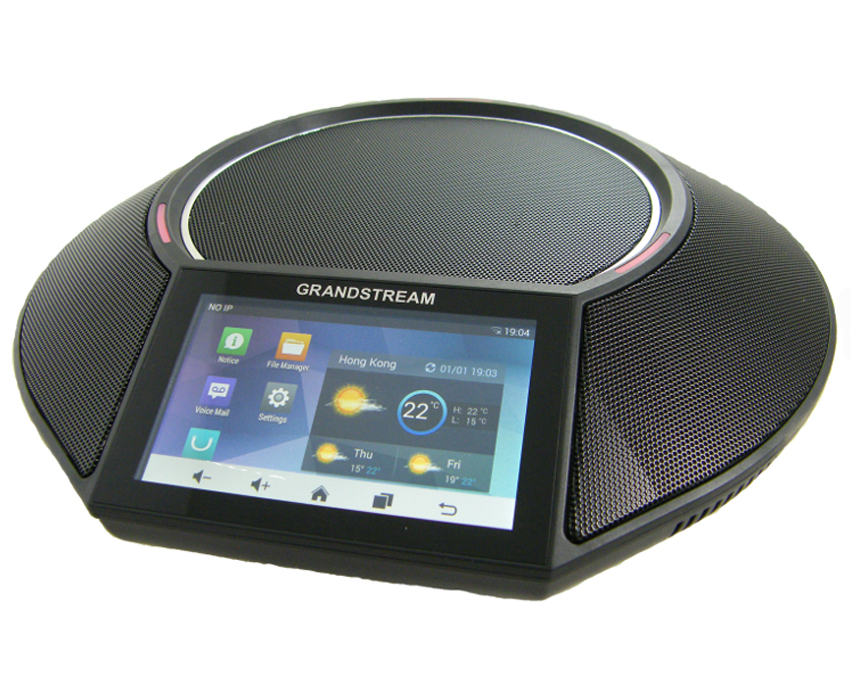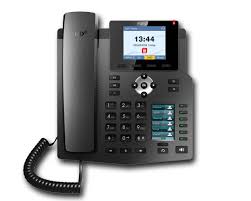Why choose IP-PBX over the traditional EPABX system?
IP PBX system kerala
January 11, 2023
Fanvil X4G 4 Line Enterprise Gigabit IP Phone
January 13, 2023Why choose IP-PBX over traditional EPABX system?
There are several reasons why an organization might choose an IP PBX system over a traditional PABX system:
-
Cost savings: IP PBX systems can be less expensive to set up and maintain over time, as they typically do not require the same level of hardware investment as PABX systems, and calls are made through the internet (VoIP) which can be cheaper than traditional telephone lines.
-
Scalability: IP PBX systems are based on software, so it’s easy to add new users and numbers to the system. PABX systems are based on hardware, which means that adding new users or lines requires the purchase of additional hardware.
-
Remote working: IP PBX systems allow users to work remotely by accessing the system through the internet. This can be beneficial for organizations with a mobile workforce or employees who work from home.
-
Integration: IP PBX systems can integrate with other communication and collaboration tools such as instant messaging, video conferencing, and presence information. This can improve communication and collaboration within the organization.
-
Flexibility: IP PBX systems are based on software which provide more flexibility to customize the system to meet an organization’s specific needs and requirements, while PABX systems are more limited in their customization options.
-
Reporting and Call Analytics: IP PBX systems can provide reports and analytics on call data, such as missed calls, call duration, and call volume. This can help organizations to monitor and improve their communication processes.
-
Mobility: IP PBX systems can work with softphone apps, which allow users to make and receive calls using their mobile devices, this provide the ability for employees to take calls wherever they are, and increase their productivity.
In summary, IP PBX offers more flexibility, scalability, cost-effectiveness, and integration possibilities. It can improve communication and collaboration within an organization, and allows for remote working, flexibility, and mobility options.
Other IP PBX Posts
 Published by bitvoice support on October 21, 2020
Published by bitvoice support on October 21, 2020
Grandstream GXP2200 EXT Expansion Module
 Published by bitvoice support on October 21, 2020
Published by bitvoice support on October 21, 2020
Grandstream GBX20 EXT Extension Module for GXV3350 and GRP2615 IP Phones
 Published by bitvoice support on October 21, 2020
Published by bitvoice support on October 21, 2020
Grandstream GAC2500 Audio Conferencing IP phone
Read About Call Center Software
 January 4, 2023
January 4, 2023
On-premise call center software
 December 28, 2022
December 28, 2022
Call center industry 2023
 December 11, 2022
December 11, 2022
What is difference between inbound and outbound call center
 December 11, 2022
December 11, 2022
Call center agent
 December 11, 2022
December 11, 2022
What is an Inbound callcenter




